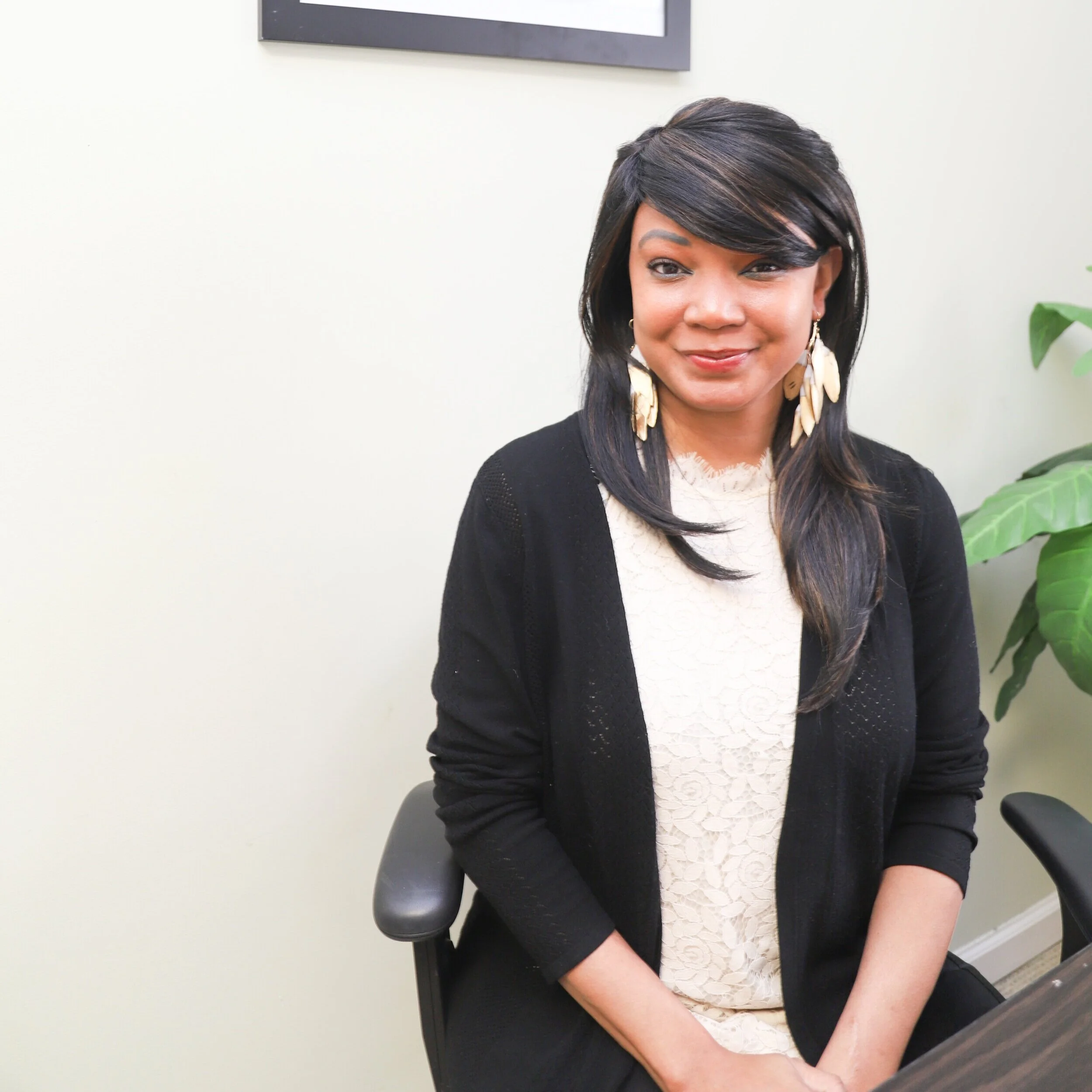Antionette Kerr: You don't know what you've got until it's gone
By Antionette Kerr
From school boards to city councils, we depend on local news for information. But do we truly appreciate it?
As my first official job, the late Joe Sink hired me, a green 16-year-old, to answer phones in the circulation department of The Lexington Dispatch. I was drawn to the buzz in the newsroom.
Reporters were some of my early heroes. I wanted to be one so badly that I used to run across the room to the old-school fax machine waiting for the slow tick of a press release. I wanted to sit as close to the police scanner as possible, just so I could get the scoop on the latest activity. I eventually began writing a youth column for the paper and would hang around the newsroom at a time when there were more than a dozen reporters and photographers.
A few years ago, when I returned to newsrooms as a freelance writer, it was like a ghost town. Daily newspapers are far from perfect, but we rely on the coverage of everything from football games, government gatherings, school board meetings, church notes, and community interest ranging from weddings to obituaries. Local reporters work to bring us information about elections, candidates, courts and education that is essential to our democracy. I’ve learned firsthand that deadlines pay no respect to holidays, hospital visits, weekends or family vacations.
But local publications are currently in a crisis. It’s not unique to papers across the country, as mentioned in the New York Times story, “How the Collapse of Local News Is Causing a ‘National Crisis.’” “Newspapers publish fewer pages or less frequently or, in hundreds of cases across the country, are shuttered completely,” Julie Bosman wrote. “All of this has added up to a crisis in local news coverage in the United States that has frayed communities and left many Americans woefully uninformed, according to a report by PEN America …”
Many of us can see now that local news is suffering. According to a recent Pew survey, 71% of Americans believe their local news outlets are doing well financially. But, according to that report, only 14% say they have paid for or donated money to a local news source in the past year. Advertising and subscriptions are low. If anything, the pandemic proved more than ever that having someone bring the news into homes, on televisions, and even to your cell phone, is a luxury we’ve all learned to depend upon.
After working in the business in some way, shape or form, I decided to start a publishing company. People asked me and a longtime colleague, Kassaundra Lockhart, why we couldn’t just start our own paper. The answer was simple – “resources.” For me, learning that my mom’s nursing home had an outbreak of COVID and that she was one of the patients, I was unsettled. When I finally received notice, they mentioned trying to find a local news source to alert families of loved ones with no success. That’s when I spoke to my friend, Algenon Cash. He immediately saw a connection with our project and Kinston based BJ Murphy’s team at Magic Mile Media.
The MMM team in Kinston had experienced a similar news crisis a few years ago. They created a hyperlocal news model that we adapted to fit the needs of our local community in Davidson County. With their help, we launched a FREE source at Davidsonlocal.com on April 5. I often tell people it’s not a competition between other news services; we will publish stories that might not seem important from the outside looking in. We’re supportive of all local sources and our goal is to make local news better.
Truthfully, I cringe when local folks tell me they have canceled their subscriptions. I’ve also challenged government officials in meetings who brag about not reading local papers. After covering stories in rural communities in the eastern part of North Carolina, I’ve seen what “news deserts” look like. Elected officials and leaders have trouble reaching people, and on the other hand, there is very little accountability from local governments.
You don’t know what you’ve got until it’s gone. I urge people to consider the words of the aforementioned national correspondent Bosman. “A vibrant, responsive democracy requires enlightened citizens, and without forceful local reporting, they are kept in the dark,” the PEN America report said. “At a time when political polarization is increasing and fraudulent news is spreading, a shared fact-based discourse on the issues that most directly affect us is more essential and more elusive than ever.”
The Washington Post isn’t going to hold local politicians accountable. Reporters will swoop in and provide two minutes of a story, whereas local reporters can revisit a story multiple times to make sure that we, the readers, fully understand it, along with what local impact it has.
The purpose of the local paper or station is to see, know, care about, and understand our neighbors in ways that assist them to educate, inform and engage the community. The time is now to like, share and subscribe to local media sources. Looking around tells us if you don’t use local media, you could lose it. The Freedom of the Press was so important that the media was included in the First Amendment. If you don’t support local news, be prepared to give that up. If you love local news … find a source and follow it closely!
Antionette Kerr is a media correspondent, co-publisher of Davidsonlocal.com, and serves on the Black Empowerment Network statewide leadership committee.




